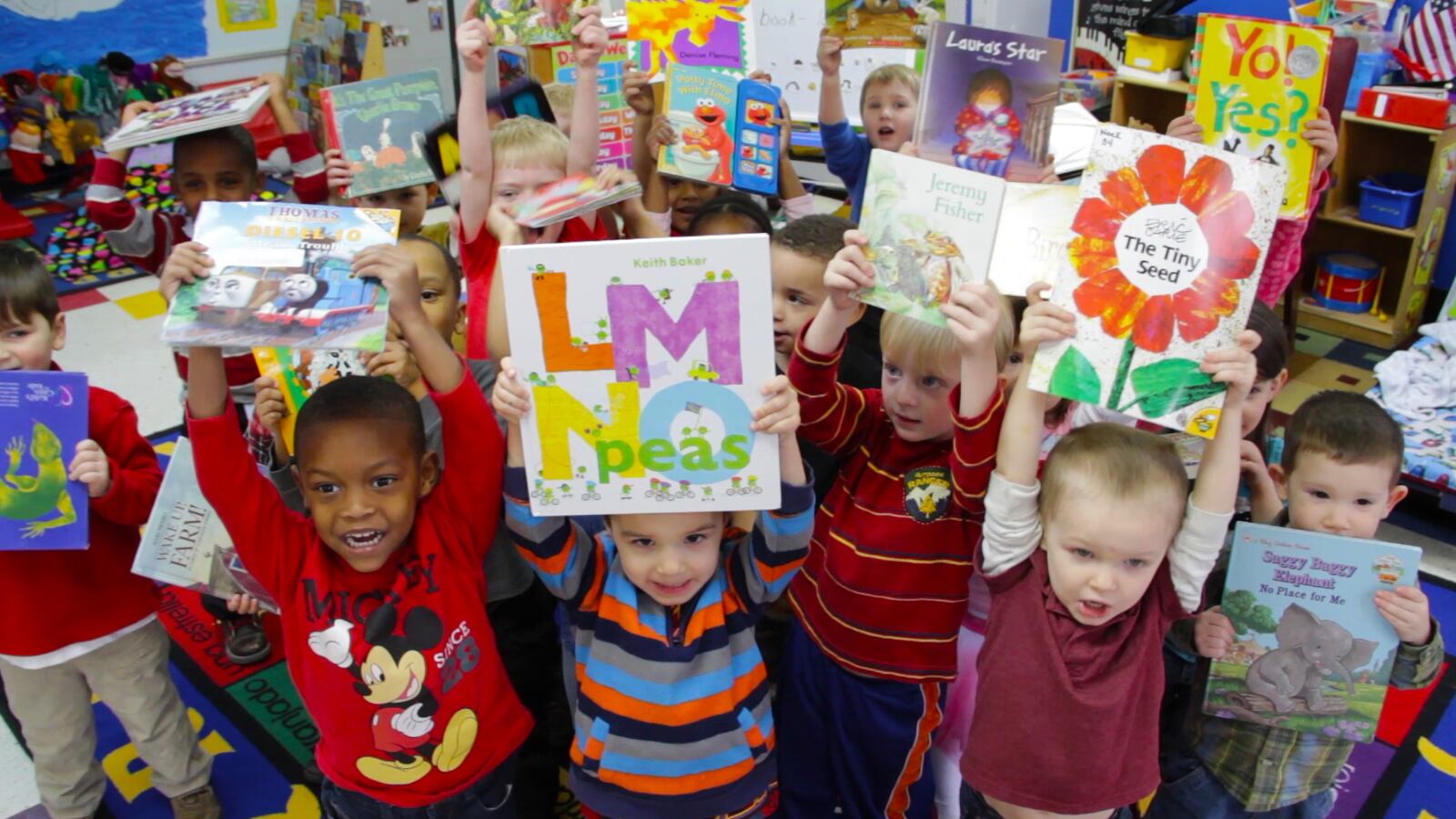A pilot program led by the State Department of Education at 134 early childhood programs across the state led to more growth in literacy skills among 7,000 of Tennessee’s youngest students.
The one-year pilot is one piece of a larger war on literacy the state has been waging for years. But the state has slowly zeroed in on pre-K and other early education programs as the best vehicles to get 75 percent of its third-graders reading on grade level by 2025. Fewer than half of its third-graders are there.
“This is a real priority area for us, but the pilot takes it a step further to show there are things we can do before kids get to school to shore up foundations and accelerate growth,” Education Commissioner Candice McQueen said.
Last year, the state put more books into participating classrooms and gave teachers more training in early literacy. Eighty classrooms also received in-depth coaching for teachers.
The state monitored progress by testing children in participating classrooms throughout the year, as well as testing children from control groups who weren’t in the program. Children from the pilot sites were more likely to move up one or more levels on the state-given assessments by the end of the year, according to a state press release.
The sheer number of books in the classroom was also a factor in student growth, McQueen said. Pilot classrooms had about double the number of books than the control classrooms, thanks to donations from the Governor’s Books From Birth Foundation.
McQueen told Chalkbeat that when she talked to teachers in the pilot, they told her they were more thoughtful in their classrooms with book choice, writing, and phonics instruction as a result of their training.
“One teacher directly said that she hadn’t done anything with phonics because she didn’t have a good foundation herself, but that the training helped her gain confidence with her own instruction,” McQueen said.
The counties and districts participating in the first year of the pilot were: Anderson, Blount, Campbell, Claiborne, Davidson, Greene, Hamblen, Sevier, Shelby, Sullivan, Unicoi, Union, and Washington. The pilot focused on daycare schools and child centers that were run either by the Department of Education or Tennessee Department of Human Services.
McQueen said the department wants to expand the program, but said the state doesn’t have specific details yet.
Read the state’s report on the pilot below:

